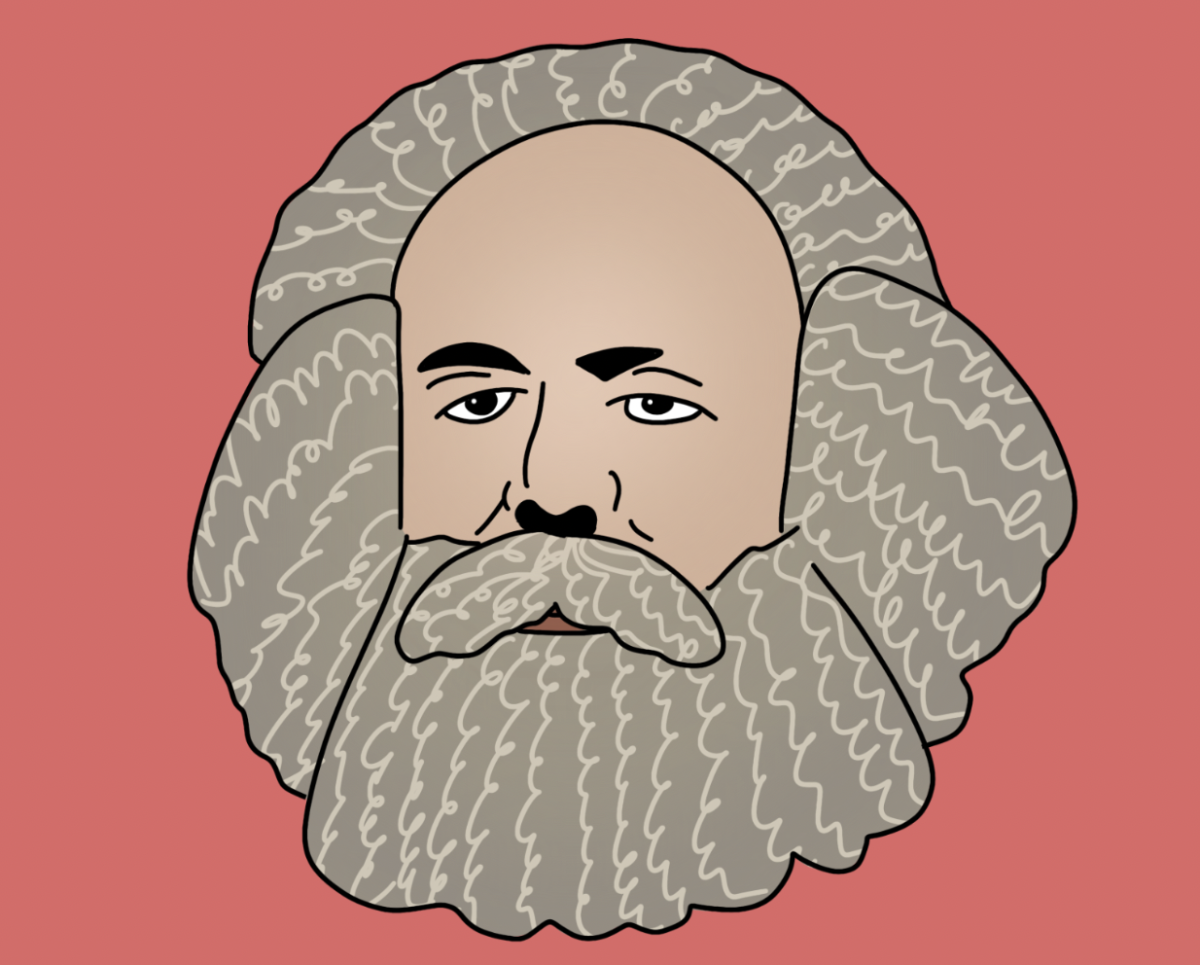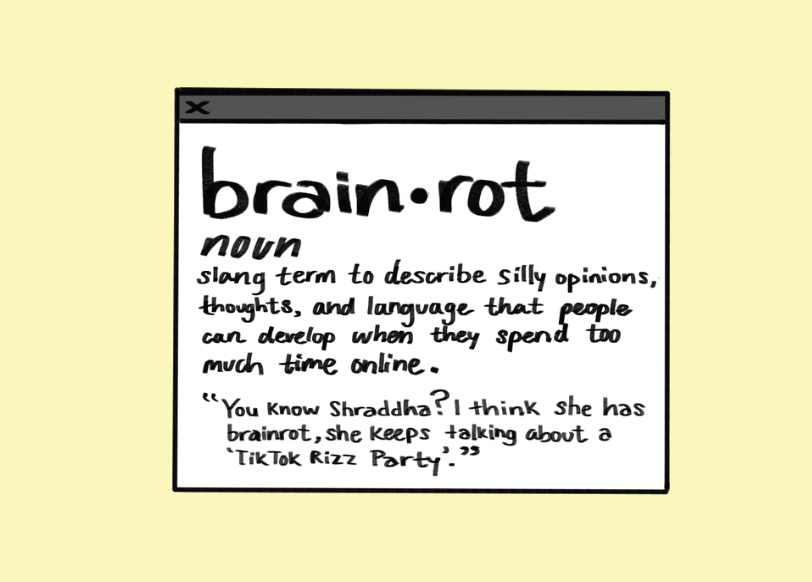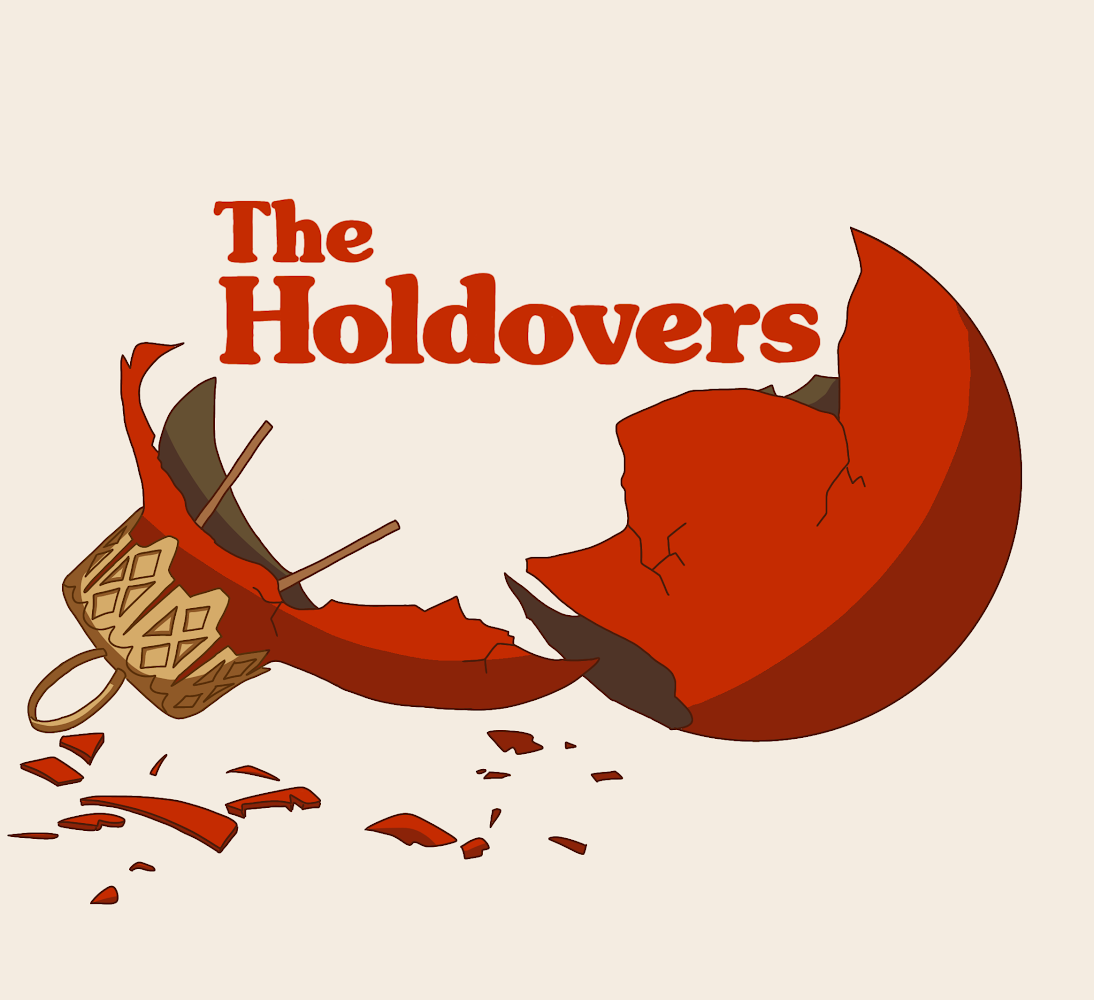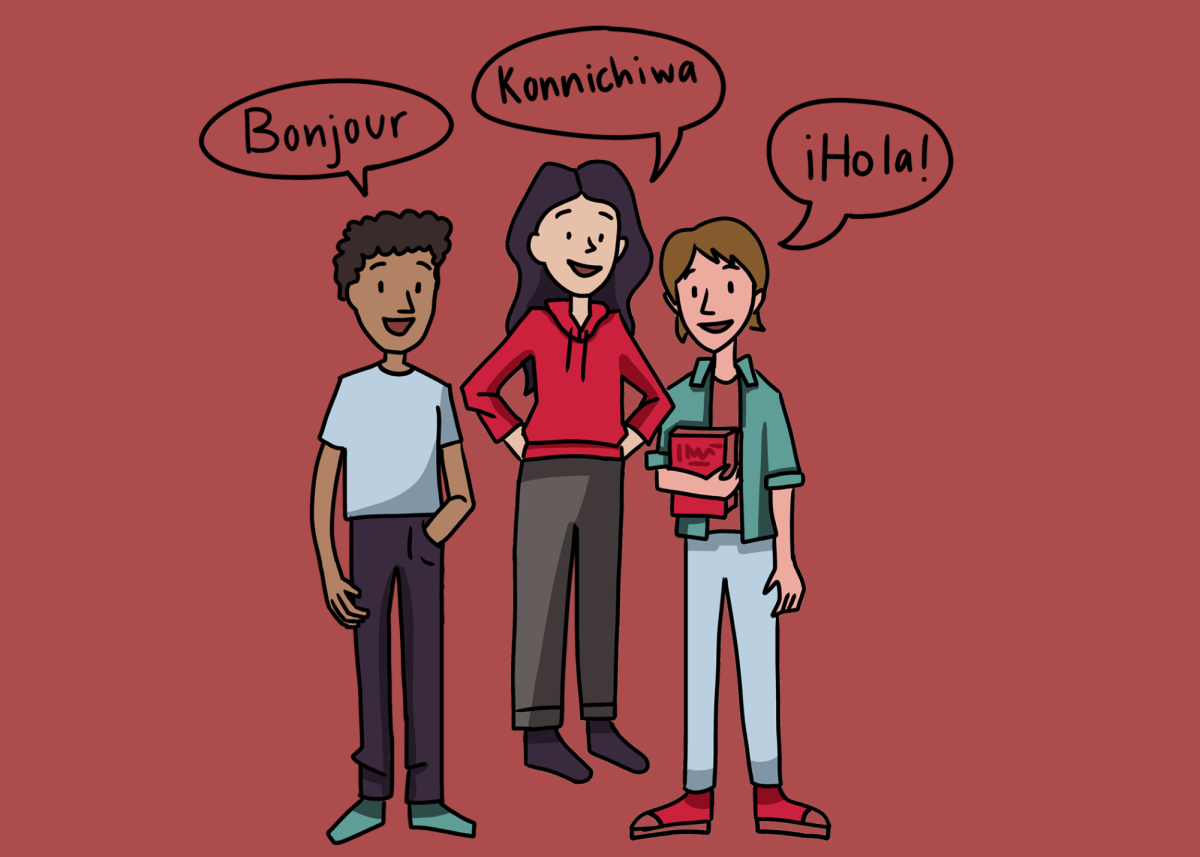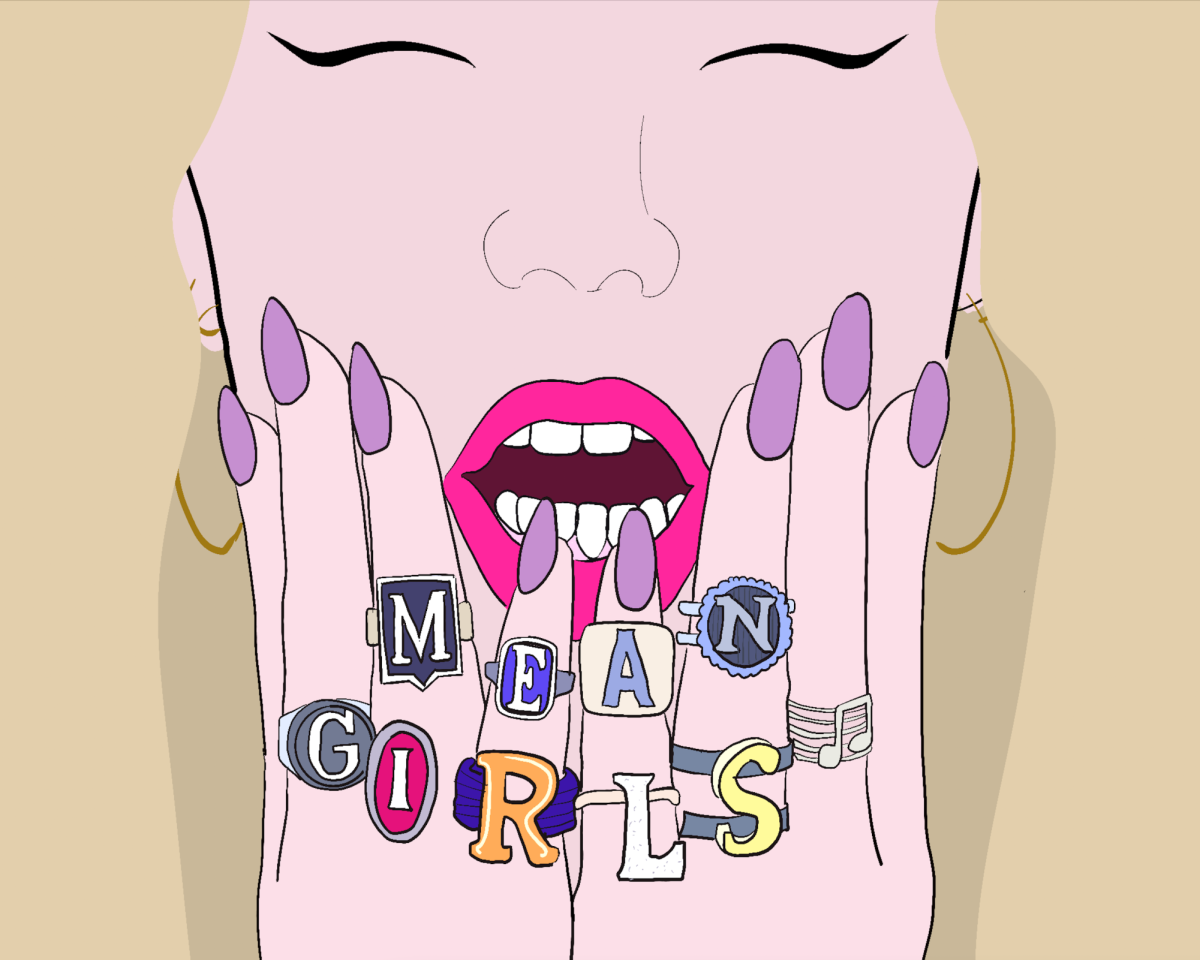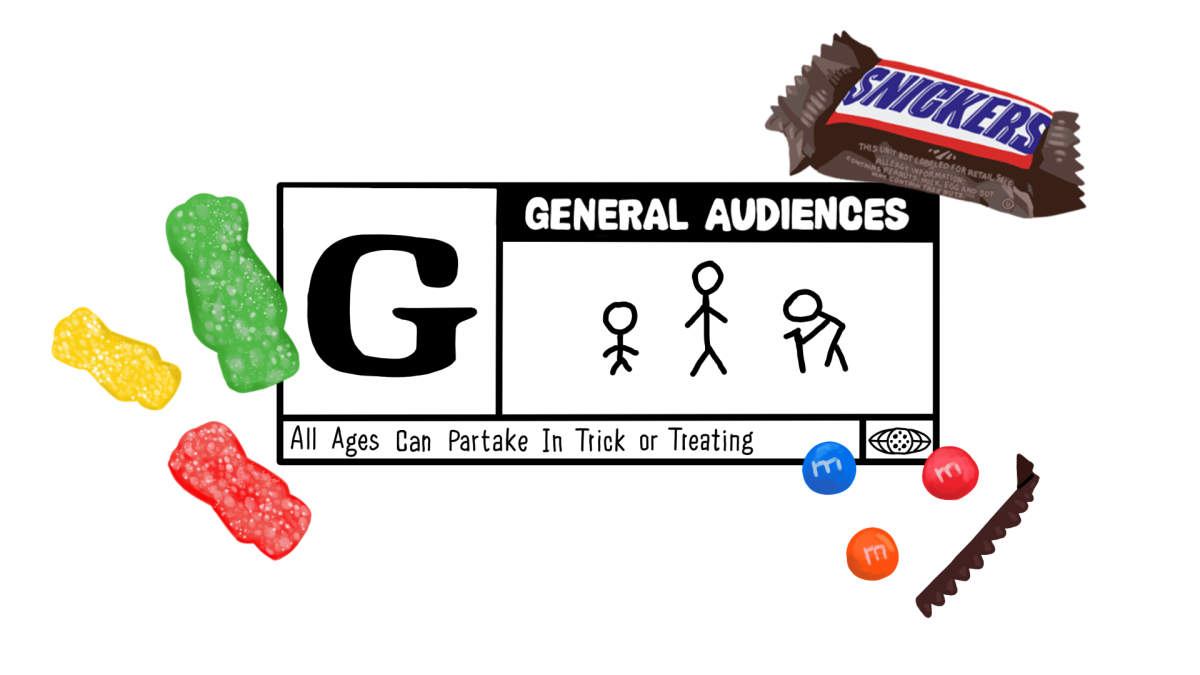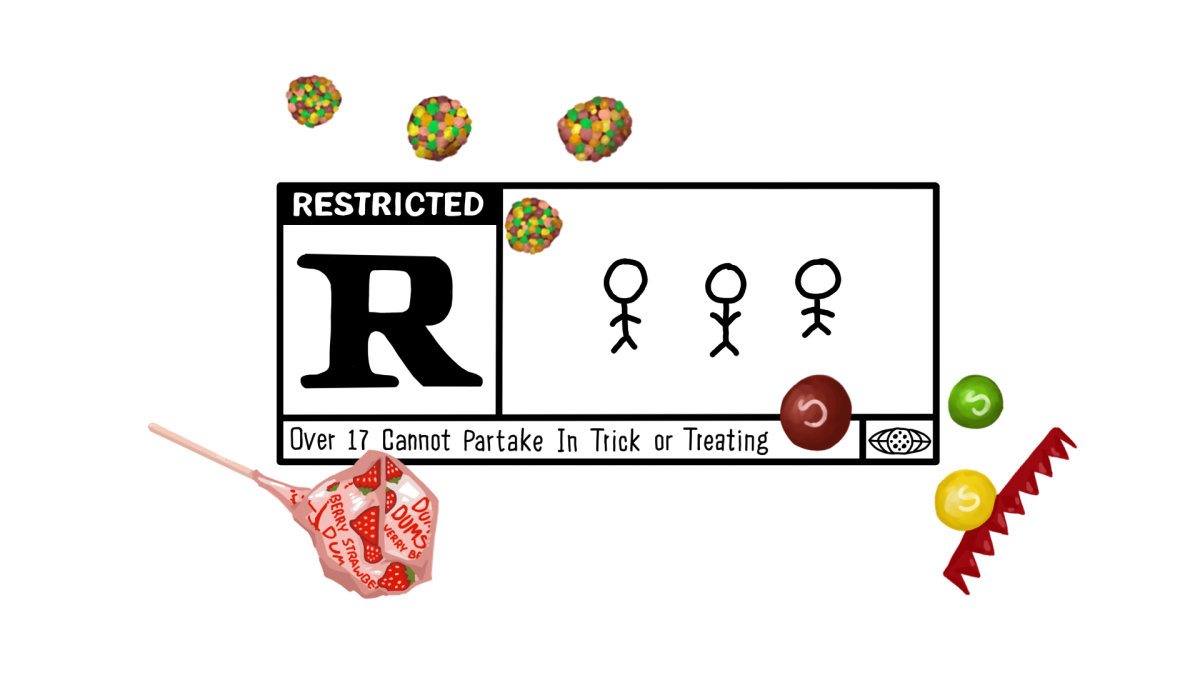What started as U.S. intervention to keep communism from spreading further into Asia ended in a bloody and failed years-long war that resulted in over 58 thousand U.S. military deaths and over three million Vietnamese people killed. And for what? Well, to fight the “commies.”
The United States’s defeat betrayed an uncomfortable truth that many Americans do not want to admit to this day: maybe a war against communism cannot be won. Maybe the lines between us and them, between the “good guys” of capitalistic systems and the “bad guys” of communism, once seemingly clear and incredibly black and white, are much more blurry than the collective imagination of the American consciousness can account for. But why did the U.S. take on the fight to root out communism at all costs in the first place, and what has it accomplished?
America’s history with communism is certainly messy. Communism is a form of socialism, or an outgrowth of socialism. Socialism is a social and economic system that involves public, as opposed to private, ownership and control of property and natural resources. Under socialism, individuals live in cooperation with one another and everything people produce is, in some sense, a social product. Simply put, everyone who contributes is also entitled to a share in the production of society, and therefore, society as a whole should own or control property for the benefit of all its members. Sounds fair? Maybe.
Communism takes socialism a step further, as most property and economic resources are owned and controlled by the state. Under communism, the people are compensated and provided for based on their needs. In a pure communist society, the government provides most or all food, clothing, housing and other necessities based on what it considers to be the needs of the people. However, theorists’ ideal has never been truly recreated. Theoretically, one works hard for the enterprise that is owned by their state or community without any hesitation, selfish motives or greed, believing that their work not only benefits them but everyone around them. Then, since everyone’s basic needs are fulfilled, everyone has the freedom to explore their creative self, do whatever they want to do and follow their passions. Thus, people are discouraged from purely just chasing profits and get to live a more fulfilling life.
As frightening and impossible as it is to never have the opportunity to be a millionaire and instead have equal status with everyone, true communism does not exist, and probably never will, due to the greedy and ambitious nature of humans. Corruption is always bound to arise somewhere in this system, whether from an unfair government or ambitious individuals.
This type of society, where personal effort and innovation are never awarded to individuals, directly opposes the traditional American capitalist way of life. The idea that anyone, no matter status, can have the opportunity to achieve success through hard work and determination, as reflected in the famous “American Dream,” is all built off of a capitalist system. Of course, with income inequality and the lottery of birth, capitalism is not the non-existent perfect economic system everyone is looking for either. Still, it is understandable to see why a communist system would threaten all those who are benefitting from capitalism.
During the era known as the Second Red Scare, which lasted until the late 1950s, thousands of Americans were subjected to unsubstantiated, often slanderous accusations of being subversives or communist sympathizers. Many Americans lost their jobs and reputations within their communities as a result of American intolerance of what was considered to be a dangerous minority group.
In modern day American society, communism is still treated as a taboo subject, partly due to ignorance, and partly just because of its impossible nature. While the continued ignorance of certain Americans is aggravating, (and sometimes racist, as an excuse for xenophobia), it is not surprising, as history is often rewritten in the perspectives of the powerful. However, it is important that youth especially are educated about these economic systems, in order to continue to move society forward, whether or not the goals are individual or collective.


